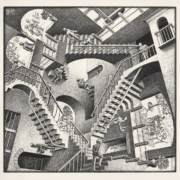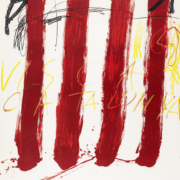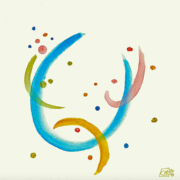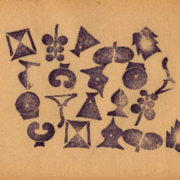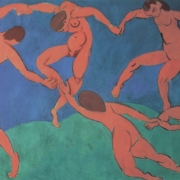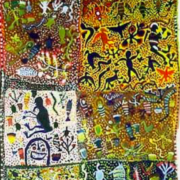On the threshold. The invention of institutions as a turning point for change
Abstract
In the paper I address three questions that seem useful to understand our relationship with institutions and its potentialities.
a) How can the relationship with institutions be creative?
b) How can the external world not to be also a foreign one for us?
c) Which is our role in the process of institutional change?
In my view Winnicott gives us important instruments to articulate these questions further and connect them with each other. In particular, I will take the concept of primary creativity and the differentiation process between me and not-me into consideration. Read more

